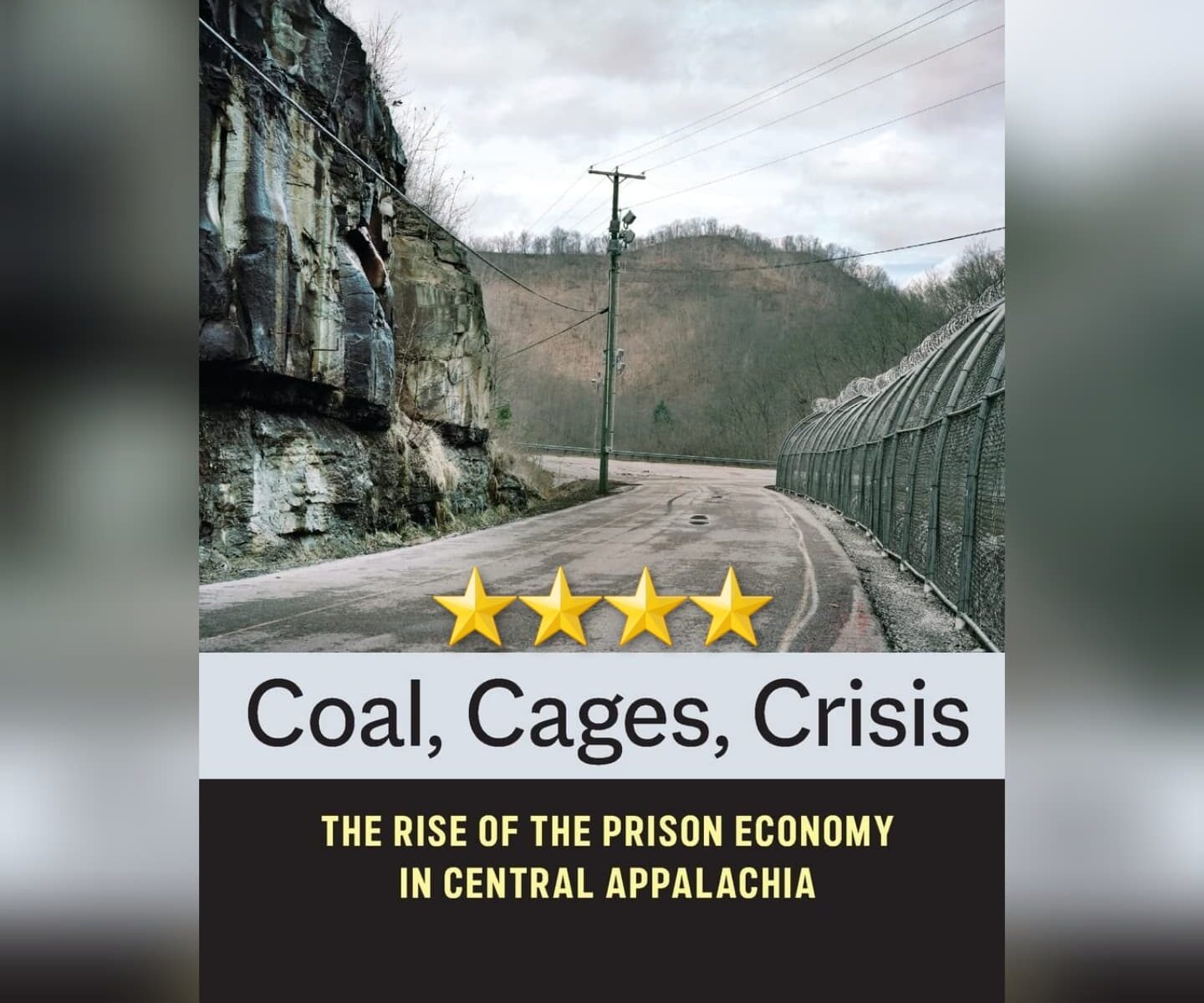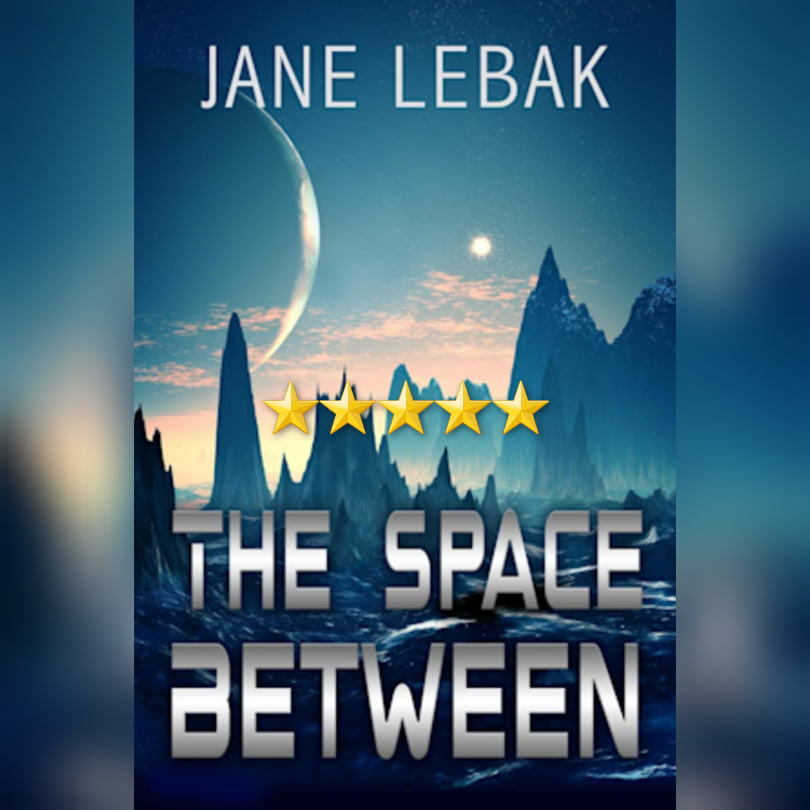Rich And Multilayered Story Marred By Emphasis On COVID. At one point during/ after the world collapse due to COVID-19, I had an ironclad star deduction policy for any mention of COVID whatsoever. One line referencing it even obliquely was usually enough to trigger it. I’ve relaxed that policy over the years and no longer apply it for such one off/ tangential references, so long as they are minimal and don’t actually impact the story beyond an attempt to acknowledge the reality of setting any story in that period of world history.
This noted, I absolutely still apply it religiously when a story makes COVID a primary focus of the story… and unfortunately that happens here. Borgos could have used almost literally anything else to achieve some of the same ends he uses COVID for here, and it would have worked reasonably well – hell, some of them could have even tied into themes from earlier in the series. But he chose to use COVID, and that is damnable to many – and a major issue for me. Enough to warrant the star deduction, at minimum.
One of the other major themes here is perhaps just as volatile, if more locally – that of Nevada’s wild horses and what should be done about them. This story plays out across the entire book, and Borgos seemingly does a solid job of showing the strengths and weaknesses of both sides. I say “seemingly” here as as a native of the borderlands between Appalachia and Atlanta, I can certainly count on both hands the number of times I’ve even been west of the Mississippi River – and I’m pretty sure I can count them on one hand. I’ve only been west of Texas *once* – a weekend nearly 20 yrs ago in Phoenix, Arizona. Thus, I don’t really know anything at all about how Nevadans feel about this issue one way or the other, and unlike Borgos, this isn’t something I’ve spent a lifetime in and around- culturally, at minimum. (Now, if the issue is the American Civil War… different story. But that particular topic doesn’t apply to this book. :D)
Outside of these issues (and even inside of them, to a degree), this is a police procedural in form and format, if a more interesting/ less typical version of the sub genre in its particulars. Throughout this series, Borgos has made a truly interesting and compelling character in Porter Beck, a fully fleshed out, heroic yet flawed in his own ways, man of his world. Supporting characters, including Beck’s dad and sister, are equally compelling, and even other relationships come across as all too realistic, particularly as things develop further in this book with these relationships. Even secondary characters such as the various suspects of this book are fleshed out much better than other authors generally do, including some rather horrific backstories that have enough detail to them that they seem based on at least generalizations of specific real world people and events. Indeed, once one gets beyond the COVID and beyond the horse issue- both central to this particular story, to be clear – and perhaps beyond the issues of foreign ownership and mining also discussed here, though less prominently and in far less detail, the actual story here between the various characters themselves is actually quite strong, and everyone plays their roles rather superbly.
Borgos has done an excellent job of building this world in a realistic, complex manner that reflects on the real world issues of its place and time in a manner that provides food for thought for all involved and for those completely unfamiliar with the area or its issues, and in so doing presents a solid story for all readers, but particularly male readers who may be looking for more male-oriented books that don’t have the problems that more extreme forms of entertainment and/ or discussion all too often have.
Very much recommended.
This review of The Blue Horse by Bruce Borgos was originally written on July 13, 2025.



